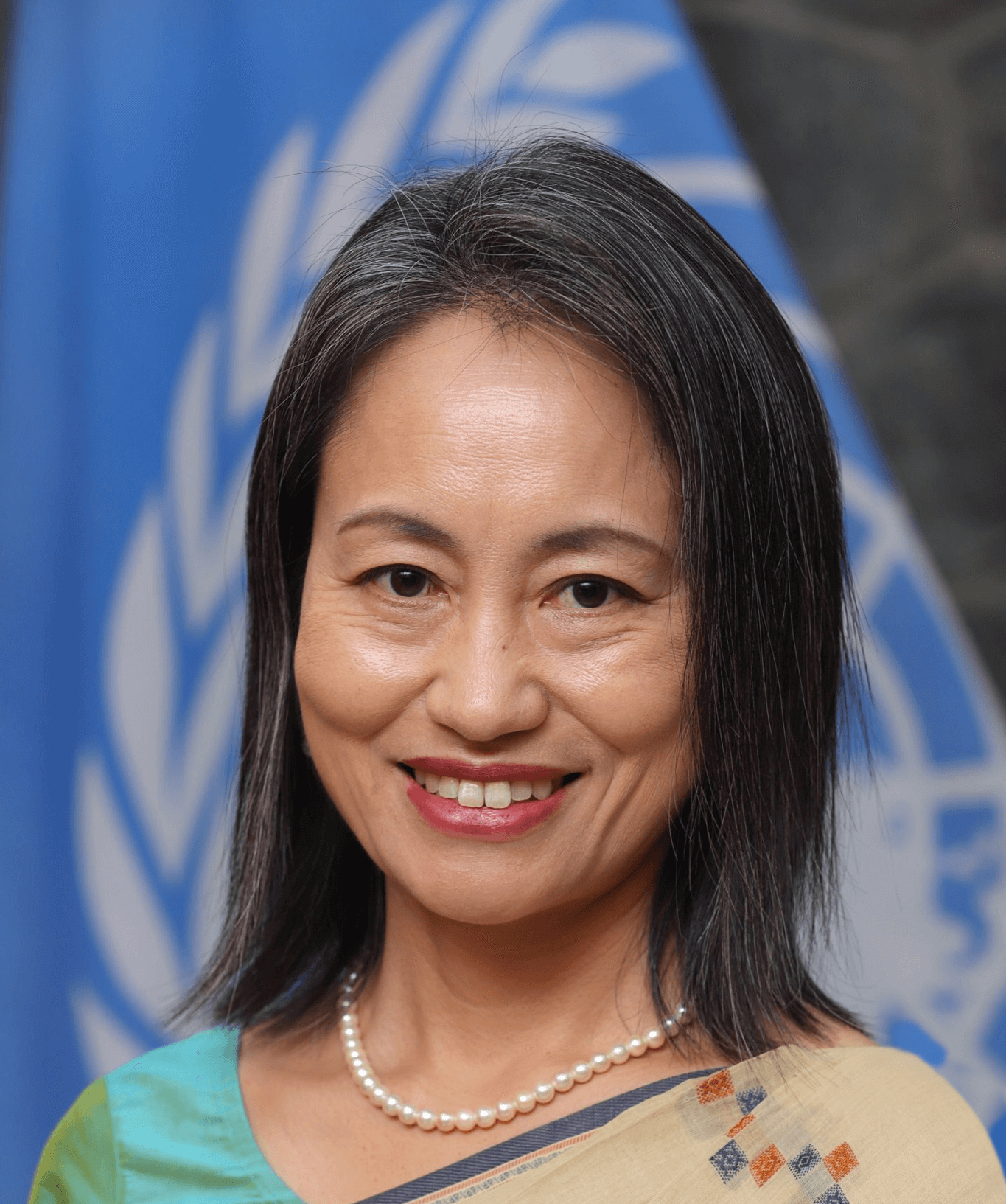
Shoko Noda Assistant Secretary-General, Assistant Administrator and Director, Crisis Bureau United Nations Development Programme(UNDP) The term ‘stabilisation’ came to the fore in conflict and post-conflict programming during the disintegration of the former Yugoslavia and the wars in Afghanistan and Iraq. The term gained importance in the Capstone Doctrine’s reference to three phases: stabilisation, peace consolidation and long-term recovery and development. In the last two decades, the UN and other multilateral and bilateral entities have increasingly used stabilisation as a tool in crises marked by extreme political volatility and violence. In the early days, practitioners mostly understood stabilisation as military-led or “hot” stabilisation, undertaken during a violent conflict to bring the fighting to a halt. More recent stabilisation approaches, including UNDP’s, aim at rebuilding trust between communities and legitimate authorities in areas affected by conflict, restoring a sense of normalcy, enabling returns, preventing protracted displacement, breaking the reliance on protracted humanitarian cycles, and laying the foundations for recovery, peace and development. UNDP’s job in conflict and post-conflict contexts is to support national and local Governments as they respond to the needs of communities who have experienced violence and the trauma of war by employing time-bound, localised, integrated, and civilian-led interventions to enhance security, rehabilitate social and productive infrastructure and provide income support to local populations. UNDP’s stabilisation programme in Iraq, widely recognised as highly effective in addressing the immediate and medium-term needs of the newly liberated areas from ISIS, provided the foundations for our approach to stabilisation. Subsequent programmes in Libya, Mozambique, and the Lake Chad and Liptako Gourma regions adopted and adapted Iraq’s stabilisation model, aligning the approach with local political and security contexts. In these complex environments, the most important lesson learned from UNDP’s stabilisation programmes is that “business-as-usual” is not an option for implementing stabilisation programmes. Stabilisation interventions require speed and scale to restore the social contract between the state and communities. It requires a paradigm shift in business mentality in UNDP Country Offices focusing on increased flexibility and agility in implementing UNDP’s operational policies. Given the political and high-risk nature of stabilisation processes, the Resident Representative should directly oversee a UNDP stabilisation programme and lead staff in adapting the mindset that focuses on delivering at-scale interventions in fragile and fast-evolving contexts with a sense of urgency, always putting the recipient's legitimate authority at the forefront to improve the trust and social contract between the Government and communities. A close and fully transparent partnership with donor countries and the host Government is another sine-qua-non for stabilisation programming UNDP staff and personnel who understand the importance of the required mindset shift and receive the Country Office Senior Management’s full support will successfully deliver stabilisation programmes. The Guidance Note’s design and content will accompany Country Office Senior Management and staff in this new and exciting programming approach.